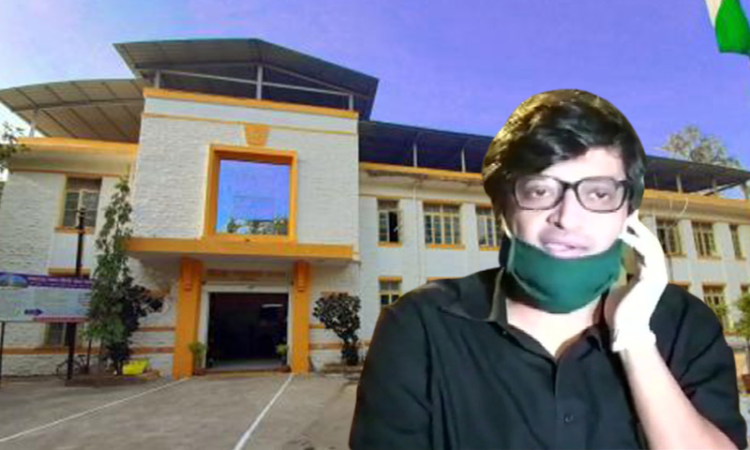Arnab Goswami Case : Alibag Sessions Court Reserves Order On Revision Petition Seeking Police Custody
Nitish Kashyap
10 Nov 2020 6:52 PM IST

Next Story
10 Nov 2020 6:52 PM IST
The Sessions Court in Alibag on Tuesday evening reserved order in the revision petition filed by Raigad police challenging the order passed by Chief Judicial Magistrate refusing police custody of Republic TV Editor-in-Chief Arnab Goswami and two others in Anvay Naik abetment of suicide case. The Court has posted the case for pronouncement of verdict day after tomorrow, i.e. Thursday....
